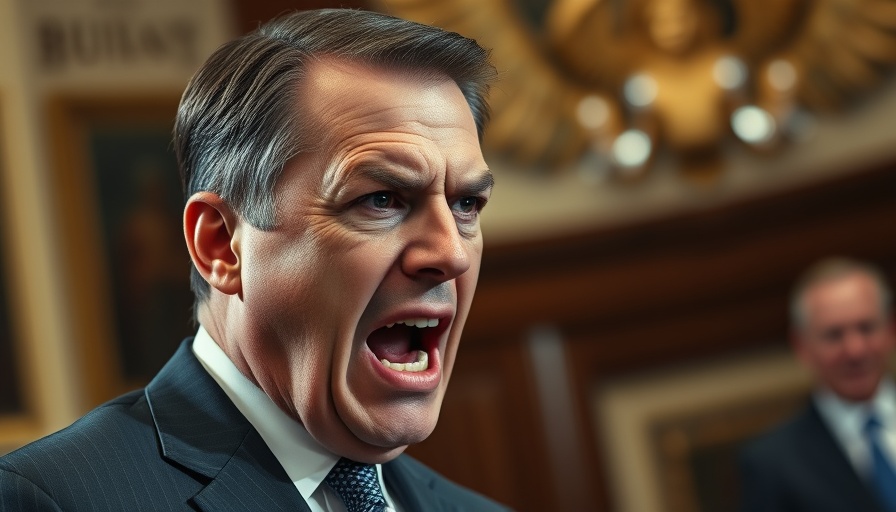
Devastation in Sweida: A City at the Crossroads
In the southern city of Sweida, the aftermath of an escalating wave of sectarian violence has left its residents grappling with unimaginable realities. Having endured days of confinement within their homes and witnessing their city unravel, many, like 33-year-old Hossam, emerged to confront scenes ripped straight from a nightmare. The air thick with the stench of death and destruction serves as a haunting reminder of the societal fractures deepening in Syria.
Community Reaction: A Fragmented Society
Accounts from residents paint a distressing picture. Hossam remarked, "The smell of corpses in Sweida is unbearable." More than 500 lives have been lost according to the Syrian Observatory for Human Rights—the deadliest violence this region has seen since the early years of the ongoing civil war that began nearly 14 years ago. The current tensions reflect a severe challenge for Syria’s new governmental authorities, leaving fears of insufficient security and governance palpable among the populace.
Even as calm returned with a temporary truce, Hossam's observations reinforced his dread. "I saw cars speeding to the public hospital with people injured from the clashes. Others frantically searched for missing family members, only to be greeted with sorrow and uncertainty." This chaos wasn’t merely an isolated incident; it continues to weave itself into the larger fabric of insecurity that characterizes modern Syria.
Historical Context: A City with a Troubled Past
The ongoing civil war in Syria has a history steeped in complexity, where sectarian divisions often heighten violence. Sweida, a region predominantly inhabited by the Druse community, has historically been a rare pocket of relative stability. However, this sanctuary has begun to crumble under external pressures, where historical grievances and power struggles have become explosive. As violent assaults proliferate, they destabilize not just individual lives but the very community cohesion that has shielded Sweida for years.
The Impact on Daily Life: Beyond the Violence
For the people of Sweida, daily life has become a traumatic experience. Merchants are counting their losses as storefronts lie abandoned, windows shattered, and shelves stripped bare. Local businesses, once thriving, are now tarnished by fear and loss—making daily survival a significant challenge. The streets of Sweida reveal not just physical loss, but a psychological toll on a community once vibrant and connected. The convening of families—the fundamental building block of society—has been shattered, as fear permeates even the most mundane routines.
Future Predictions: Uncertain Times Ahead
Looking forward, the trajectory for Sweida and similar regions is precarious. As the population grapples with trauma, the lack of a strong governance framework exacerbates the crisis. Predictions of further violence loom large, but so too do calls for international attention and aid. Should the international community remain indifferent, there is little hope for effective reconstruction or reconciliation, leaving a generation to contend with the dark specter of violence.
Community Voices: The Human Experience
The testimonials from within the community are profound. Many residents have expressed desires for peace and stability, reflecting a universal longing regardless of sectarian divides. What is clear is this: the pain and suffering witnessed in recent days are not just statistics on paper; they represent real people enduring unimaginable loss. To highlight this perspective, Hossam’s story resonates deeply—a poignant reminder of the human cost of conflict.
Conclusion: What Lies Ahead for Sweida?
As the world watches, the predicament of individuals in Sweida continues to amplify. The fatal encounters, destroyed homes, and lingering fears mark a pivotal moment in Syria's narrative. For the citizens of Sweida, the call for action resounds louder than ever: a call for understanding, humanitarian support, and a concerted effort to alleviate the ongoing tragedy. The next steps that the international community and local authorities take will determine the feasibility of reconstructing a fractured society and securing a hopeful future. Will the stories of people like Hossam be heard, leading to meaningful change? That is a question worth contemplating.
 Add Row
Add Row  Add
Add 




Write A Comment